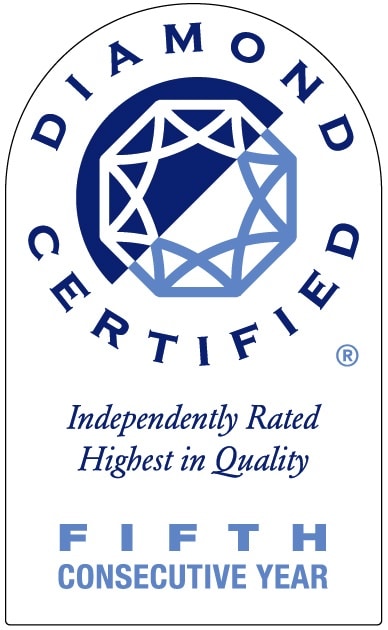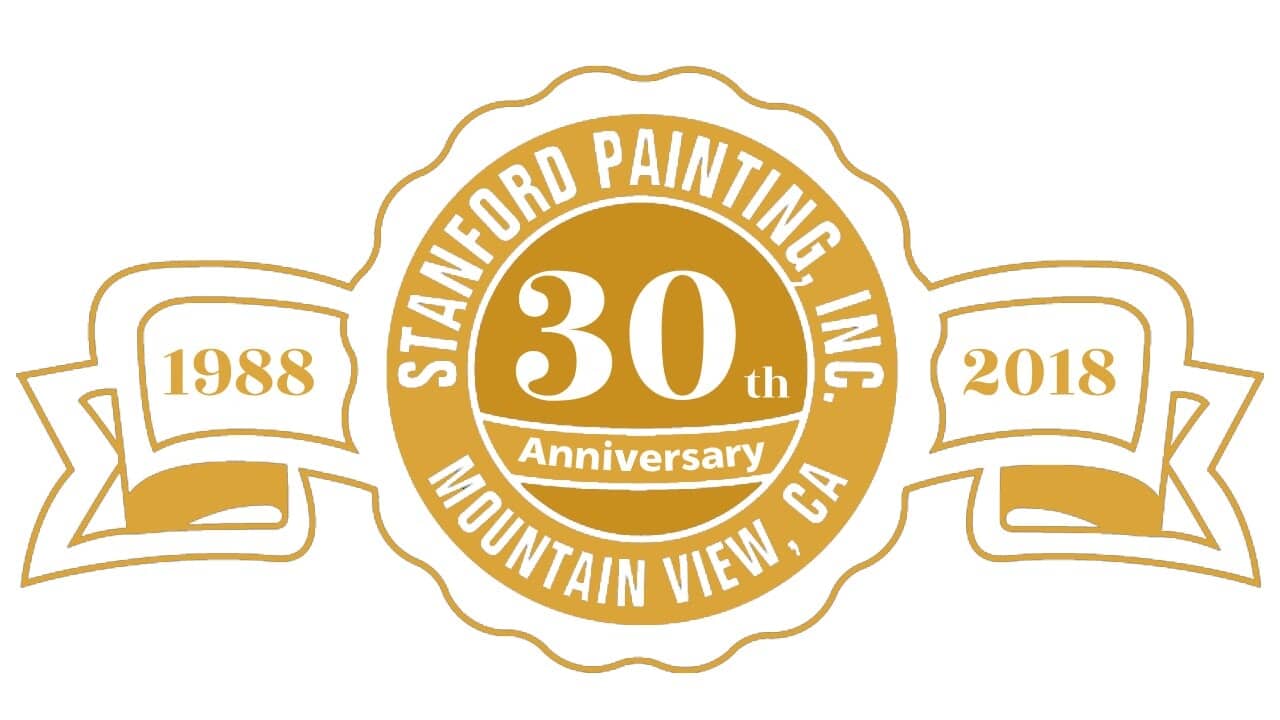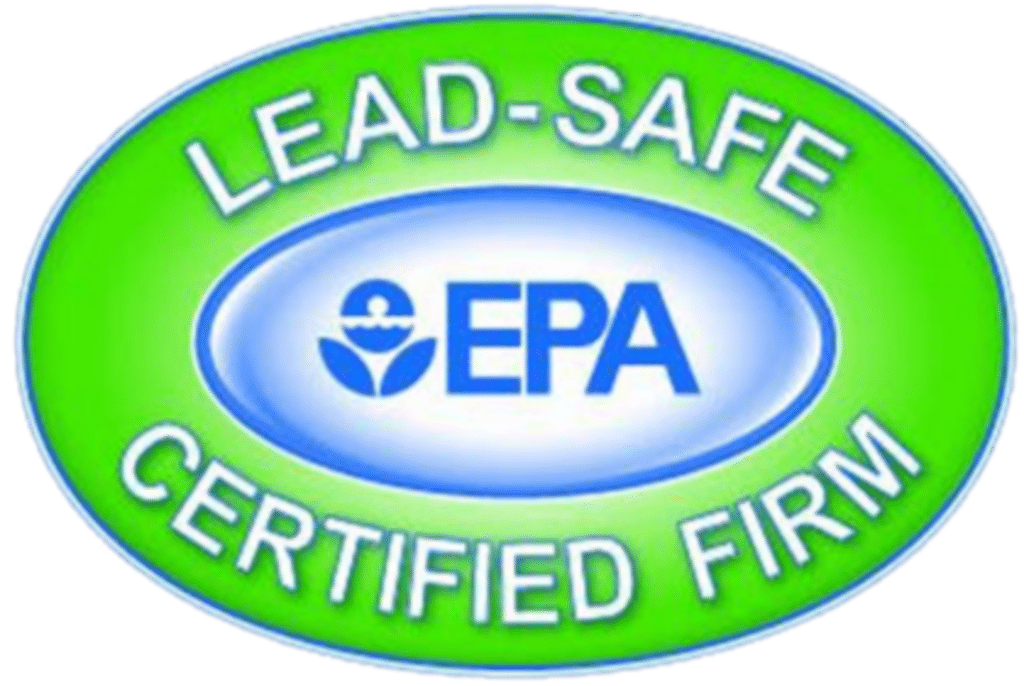The Benefits of Priming
ENJOY YOUR OUTDOOR SPACES
Thursday, November 30, 2017 3:07 PM #StanfordPainting, #painter, #painting, #Primer, #all-in-onepaintandprimer, #all-purposeprimer, #alcohol-basedprimer, #masonryprimer
Have you been contemplating if your walls need a facelift? Did you just buy a home and it’s stuck in the disco era? If you prime it, you can paint it. Primers are formulated to adhere to any surface. The benefit is two-fold, hiding stains previously there, as well as creating a cover your paint can adhere to. Learning what varieties of primer and their uses will benefit you and knowing when you need to use primer will save you time, unnecessary expenses, and extend the length of the paint job.
Priming is not needed if the surface has been previously painted and the paint has no signs of chipping or peeling. For the most part, you do not need to prime painted interior walls unless it is due to staining. The one exception to this rule is if the previous paint used was oil-based. Most paint is water based, and much like oil and water don’t mix, oil-based paints and water-based paints also dont mix!
Surfaces that are recommended:
- Drywall
- Wood
- Metal
- Plastic
- Masonry
- Vinyl
There are different types of primer you can choose from:
- All-in-one paint and primer: This is the newest addition to the primer family. The wording can be deceiving. This option is just a thicker paint formulated so that you should not have to use a primer. You can use this option if you are re-painting interior walls.
- All-Purpose Primer: This is the most popular primer that you can choose. It can be used for different surfaces. Make sure to check that whatever material you are painting is on the label.
- Latex Primer: Is ideal for drywall or a wall that has been patched or painted over due to stains. This primer covers putty and stains.
- Alcohol-based Primer: Is meant for areas that get used or touched allot. Kitchen cabinets, interior and exterior doors, and windows. Use this on untreated wood and older paint that is cracking.
- Masonry Primer: This is necessary if you are painting any masonry surface such as brick, stucco, cement, etc. it will allow you to paint these surfaces that have a high pH level.
A primer that is applied by you or professionally can help your project from aging and save you money. Stanford Painting has a success-orientated process. We ensure a successful outcome of every project. Request a Quote or call us at (650) 321-9302.
Sources:











